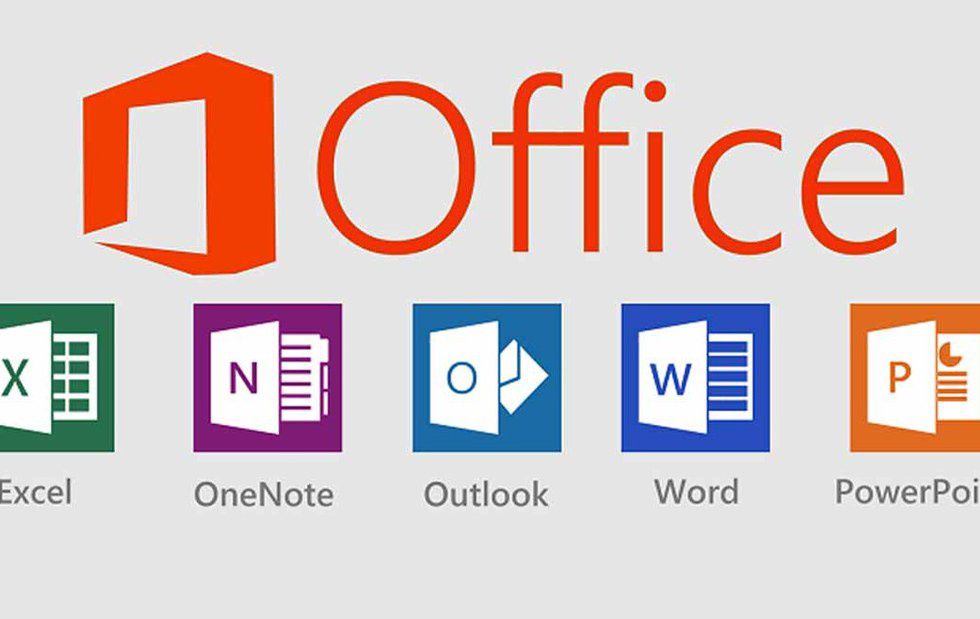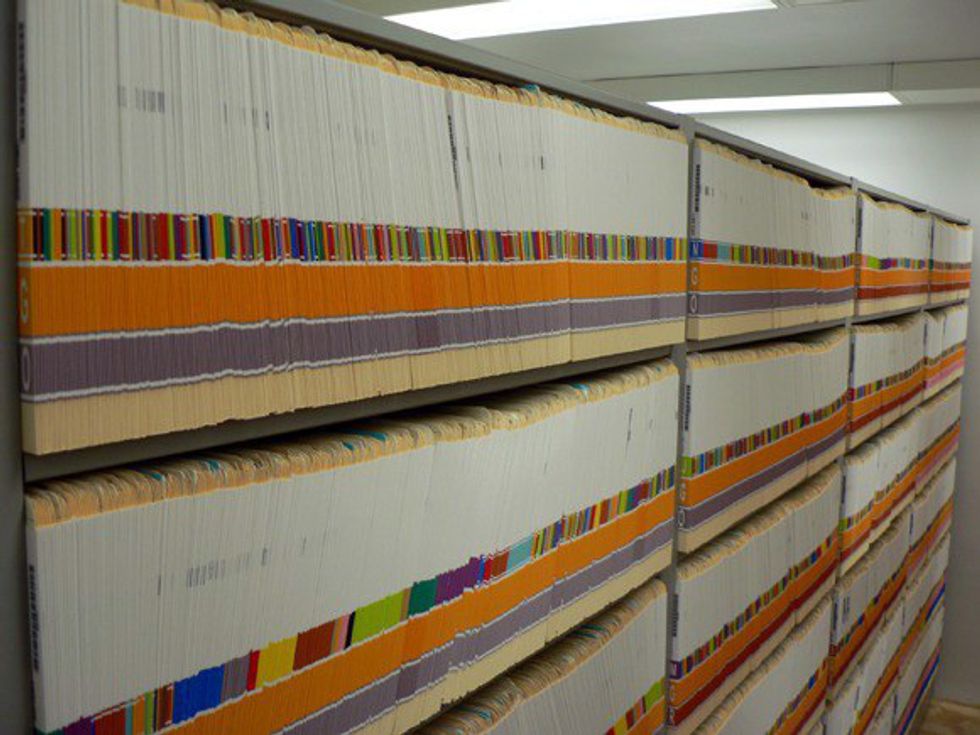I’ve been interning at an accounting firm these last few weeks, and although I didn’t come in with much knowledge of accounting, here are some of the basic things I think I’ve learned that will continue to help me, no matter where I study or work.
Some of these things may seem obvious, and this might be really basic knowledge, but it helps to know what you know, in a sense. That way, you can actually use the correct word to describe what you mean instead of a vague explanation of what you might know. (For example, it may seem obvious that the assets of a firm = the liabilities of a firm + the owner’s equity, but before I interned here, I would have referred to the owner’s equity as “what the owner owns.”)
The rest of these things helped me understand the transition I might make in a few years (like from college to the “real world”), and although they may seem pretty normal, they were different for me as a college student.
1. Effective research
There were times where I would have to research industries I knew nothing about, but doing that a couple of times made me understand how to gain the most amount of knowledge in the least amount of time. I could get a quick overview from sites like Wikipedia, and then dive into substantial research, get statistics from trusted sources and then compile all the most relevant bits.
I learned that research depends on your audience, and you should know what the people reading what you write are looking for before you start.
2. The idea: "quality of earnings"
“The quality of earnings refers to the amount of earnings attributable to higher sales or lower costs rather than artificial profits created by accounting anomalies such as inflation of inventory.”
Conceptually, however, this means so much more. It demonstrates a need to not just accept things (in this case earnings of a company) the way they are, but to see how authentic they are to make sure they weren’t just a fluke.
3. Details matter
Just like the point before, how much money is made may seem more relevant than how that money is made; however, learning in detail how the money is made is the key to multiplying it.
Likewise, on your laptop, it may not occur to you to check the footers of your document. But when you blow it up on a big screen, your typo will probably be obvious. Details really do matter!
4. Porter's 5 forces analysis
Porter's five forces analysis is a framework "that helps to explain why different industries are able to sustain different levels of profitability.” It is a tool that helps us understand “where the power lies in a business situation.” This tool was really important to me because it emphasized the power of qualitative analysis over quantitative. It was encouraging to see that decisions aren’t made based simply on numbers or the amount of profit, but a combination of objective and subjective analysis.
5. Microsoft Office
Word, Powerpoint and Excel – I thought I was great at using all of these before I started interning. However, I learned that Microsoft Office is much more powerful than I originally thought. I had been under utilizing it and its features all this time.There’s also a variety of shortcuts I didn’t know that will definitely speed me up no matter when I use Microsoft Office!
6. Presentation and formatting really matters.
Color coding, using the same color scheme and even using the same kind of dividers make a world of difference when it comes to how professional your presentation looks. So does alignment. One mm in a grid may not seem like it makes a world of difference, but when your textboxes or graphs aren’t aligned, an entire slide might look crooked.
These details may seem silly, but what good is reliable data or even a good idea without proper and digestible presentation? What good is a fantastic machine with amazing abilities, without a proper manual to understand and use it?
Today, ideas are heavily linked to how well they are pitched and how well they’re presented; I plan to put a lot more thought into how I present anything now!
7. Personal presentations is significant, too.
Gone are the days when I can roll out of bed and straight into class. Waking up earlier every day and learning to look presentable was an experience for me, and one that will definitely help me adjust to work life in the future.
8. Punctuality is important .
Everyone’s time is precious, and leaving someone waiting is possibly the most disrespectful thing that one could ever do. After this month, I’ve realized more than ever to respect everyone’s time, just as I appreciate when mine is respected.
9. All-nighters are no longer optional.
I walked into work one morning and learned that one of my supervisors hadn’t been home yet. When we discussed his work, he told me that in college all-nighters were optional, but at work, they were mandatory. It was an eye-opening discussion for me.
10. You need to be willing to learn.
Although I started with next to no practical knowledge (I had taken a semester of GCSE accounts), I was really willing to learn, and so people around me were willing to teach me. I realized that as long as you keep an open mind, you can do almost any job out there. (I say almost because I don’t think I could be a doctor just by having an open mind after being hired.)































